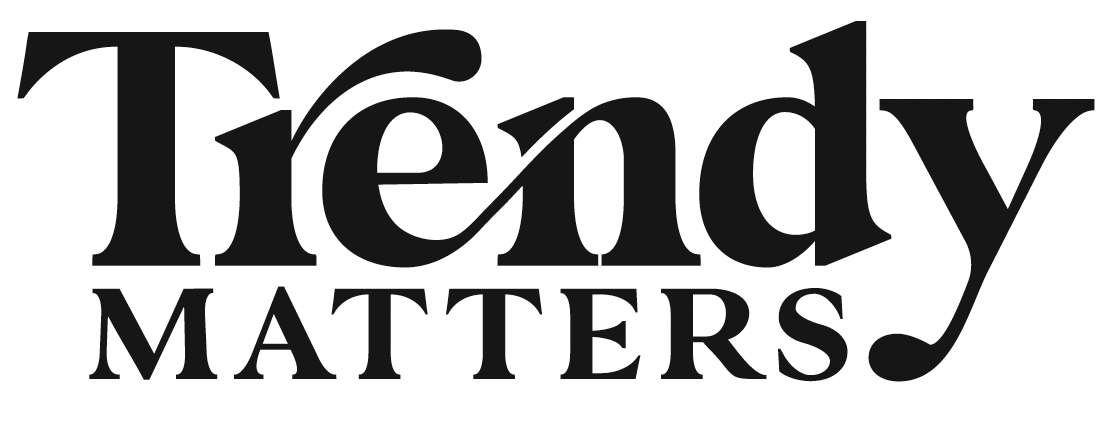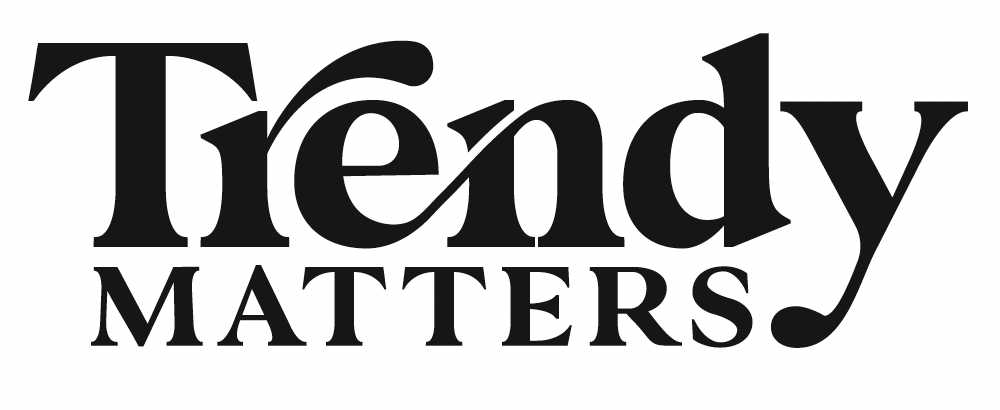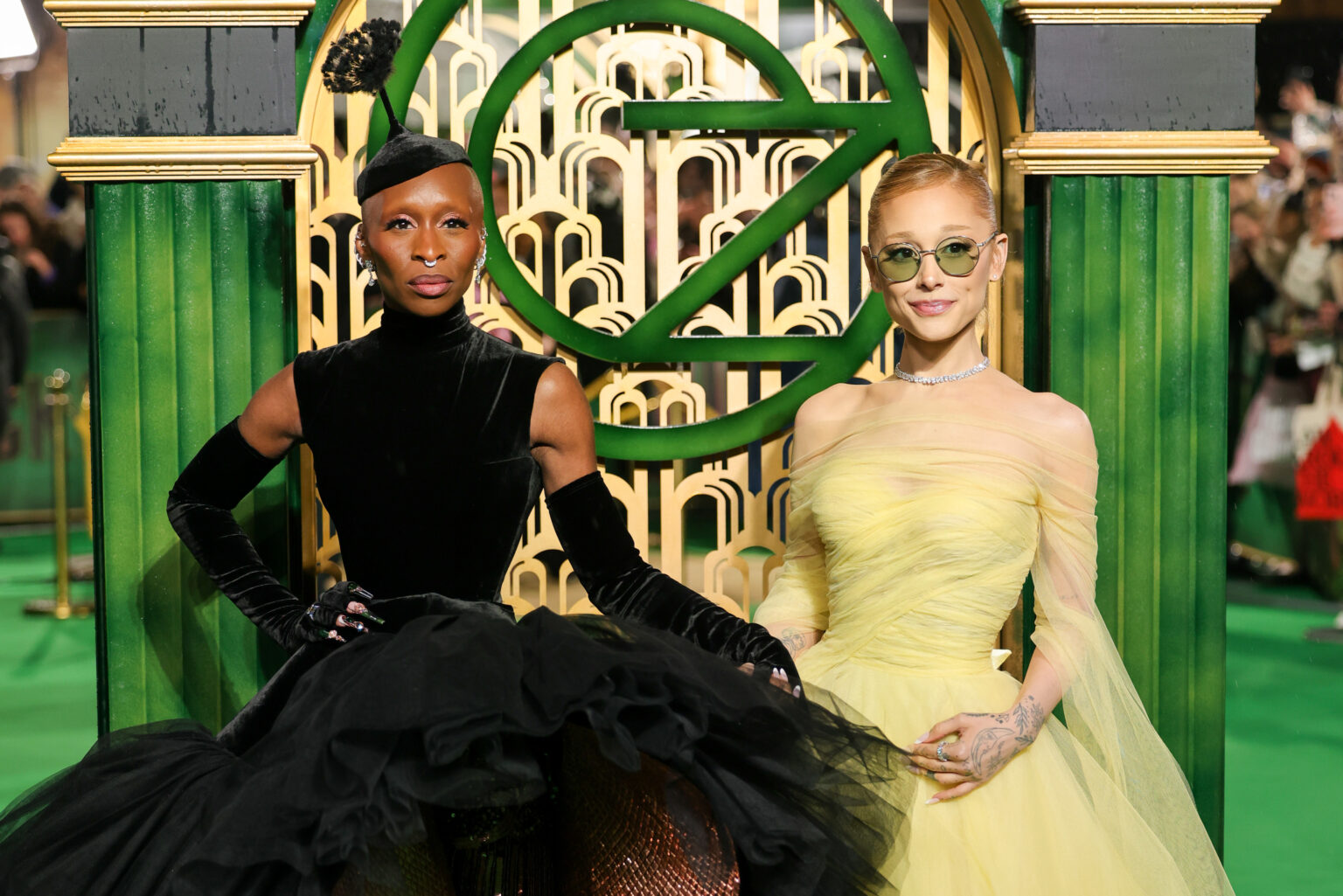For nearly a century, the magical Land of Oz has captured the imaginations of audiences worldwide. Wicked, the Broadway musical, has solidified the Wicked Extended Universe in the minds of nearly 65 million people since its 2003 debut.
With franchises and IPs and blockbusters—oh my!—dominating Hollywood, it was only a matter of time before producers set their sights on adapting the stage show into a major motion picture.
Wicked Finally Lands on the Big Screen
After nearly two decades in development hell, Jon M. Chu (In the Heights, Crazy Rich Asians) finally brought Wicked to the big screen, focusing on themes of female friendship, self-empowerment, and discrimination, with powerhouse vocalists Cynthia Erivo and Ariana Grande leading the charge as Elphaba and Galinda.
Covering the first act of the Broadway production, Wicked Part One faithfully translates the original material to film—but that faithfulness comes at a cost.
Wicked Is Too Faithful of an Adaptation
When Wicked premiered on Broadway, critics note its overstuffed narrative—bloated with plot points, character arcs, musical numbers, and The Wizard of Oz Easter eggs—as a weighty flaw. It’s a case of a case of “more is more” gone too far.
Chu’s adaptation of the story splits the story into two films could have provided the breathing room the narrative needed, but much of that potential feels squandered.
Chu doesn’t quite have the directing chops of Robert Wise (West Side Story, The Sound of Music) to craft magic through a well-placed close-up or smart staging that allows actors to showcase their range. Wicked could have been an instant front-runner for the Best Picture race in the hands of a director with a stronger grasp of cinematic language and a genuine love for musicals.
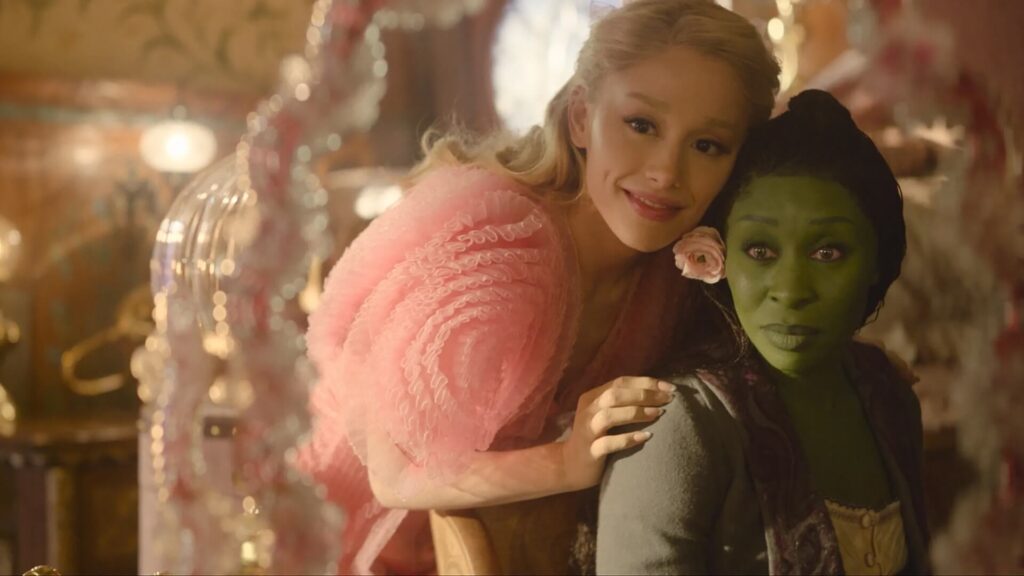
Chu serves up Wicked with a Marvel-style over-polished sparkle. But as Fiyero (Jonathan Bailey) might sing, it lands “deeply shallow.” The film leans so hard into flashy spectacle that it forgets the emotional core that makes Oz’s magic timeless.
Read More: ‘Wicked’ Lands A Near-Perfect Rotten Tomatoes Score
To his credit, Chu knows how to pander to the masses.
Carefully placed callbacks and cameos from the stage production are crowd pleasers for the source material’s most devout fans. But it’s hard to shake the feeling that Chu and the screenwriters are using these tricks as a magician’s sleight of hand—shiny distractions from a film that doesn’t quite know what it wants to be, giving away a lack of confidence.
The adaptation’s adherence to the source material is both its strength and greatest weakness. Chu overlooked the opportunity to exercise some poetic license or bring his personal artistic touch. In opting for a more straightforward approach, Wicked avoids diving into the thornier themes that the musical grapples with, something too valuable to leave on the table.
Instead, it offers a bite-sized version of its message—much like Barbie did with feminism—easy to consume, sure, but it misses the chance to unpack real complexities and themes, leaving us with a film that’s commercial gold but doesn’t quite hit the mark in terms of substance.
Part of this is because of just how faithful the adaption is. Rather than spending the time to flesh out the challenging themes introduced in the musical, Wicked plays it safe by delivering a palatable message much the same way Barbie tackles feminism. It’s a message that’s easily digested, but not one that leaves you thinking for long.
Clocking in at a hefty 2 hours and 40 minutes, the film spends a lot of time spinning its wheels. The pacing lags under the weight of too many blank stares and slow-motion moments that feel less than necessary.
But even when the film stalls, the performances of the stellar cast manage to pull us back into the dreamlike world of Oz, offering just enough to keep us tethered to the fantasy.
There’s Still Magic in the Movie
Despite its flaws, the film has several redeeming qualities that make it worth the watch—especially if you’ve never seen the Broadway musical to judge it by.
Erivo, in her first major movie role, steps onto the scene with ease, letting her expressions chart her character development from a naive and self-doubting outcast to the iconic Wicked Witch of the West. Her voice is rich, nuanced, and powerful to the point of sending shivers down your spine, infusing each song with a raw, soul-stirring resonance that nearly paralyzes—a quality that often can only be experienced live.
This is best showcased in The Wizard and I, where Chu briefly recaptures the magic of classic musicals, blending cinematic fantasy with heartfelt storytelling that lets Erivo’s performance cement itself as one to remember in movie musical history.
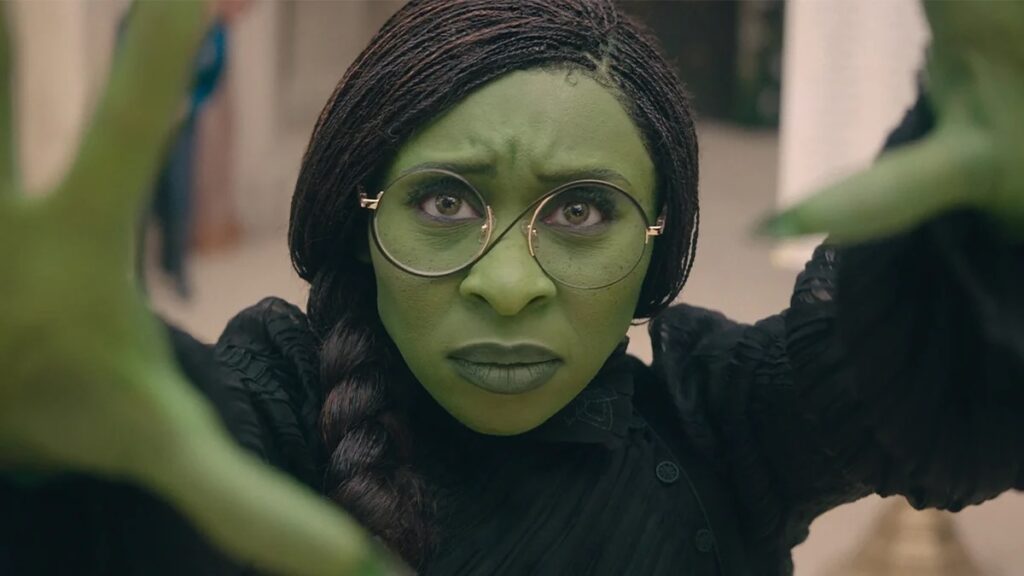
Grande brings undeniable star power as Galinda, shining brightest in her character’s manic, attention-seeking moments. While her emotional journey feels less cohesive, her vocal chemistry with Erivo is undeniable. Ariana Grande’s vocal prowess is nothing short of extraordinary, with a chameleon-like versatility that effortlessly masters a limitless range of styles. Her spot-on impressions on SNL and late-night shows highlight this rare talent.
Related: Arian Grande’s SNL Skits Go Viral, Break Records
Together, they bring Stephen Schwartz’s score to life, marrying the balancing classic theatricality with contemporary pop sensibilities.
Jonathan Bailey’s rendition of Fiyero reimagines the character as a tragic Prince Charming, and his performance in Dancing Through Life is a highlight that shows how his character’s arc from party boy to brave-hearted love interest of both Elphaba and Galinda. The number’s inventive choreography transforms a library into a whimsical funhouse, giving Bailey’s charm (and physical prowess) a chance to shine.
Was Wicked Able to Defy Expectations?
The colorful world Chu has inherited and reimagined leaves much to be desired. With a limited scope of a world created mostly on Volume Stages and through CGI—which have become the norm in big-budget storytelling—the Land of Oz feels like an untouched memory.
Related: Agatha All Along Shows Good Stories Beat Big Budgets and Flashy Effects
A hint of vintage Technicolor brilliance or painted backdrops could have given the Land of Oz the texture needed to make Wicked feel less like a too-manicured superhero movie.
The finale, Defying Gravity, meant to be a showstopper, falls short of its intended punch. As Elphaba taps into her newfound powers, soaring like Superman, she does so at the expense of some of the complexity that made her character so compelling. The good versus evil dynamic still looms large, even as the story tries to move beyond it.
Suspension of disbelief isn’t hard in whimsical musicals like Wicked, yet Chu never fully transports us to his version of Oz. There’s a lack of confidence that oozes through the uneven pacing and poor blocking. Whether this is a result of Wicked‘s story and execution, with 20 years’ worth of experience in delivery, or the challenges of making a movie musical in a post-Cats Hollywood, audiences may still champion the two-and-a-half-hour stage production over what will likely become a four-hour film adaptation.
Wicked Part One struggles to distance itself from its source material, putting into question whether or not the preservation of the stage production was its one-and-only goal. Though there are flashes of brilliance from both the performers and the creative team, the film just doesn’t fully capture the wonder and magic of Oz.
Could the second installment redeem the story? It’s unclear for now. After the credits roll, fans might find themselves clicking their heels, longing for the Broadway version’s magic that Chu’s version must have left in the back of house.
Related: Ariana Grande Isn’t the Glinda We Need–Amanda Seyfried Is
This article is for informational purposes only. Trendy Matters has no affiliation with any of the brands or individuals mentioned. The views expressed in this article are solely those of the author. Neither the author nor Trendy Matters receive a commission through any links in this content.
